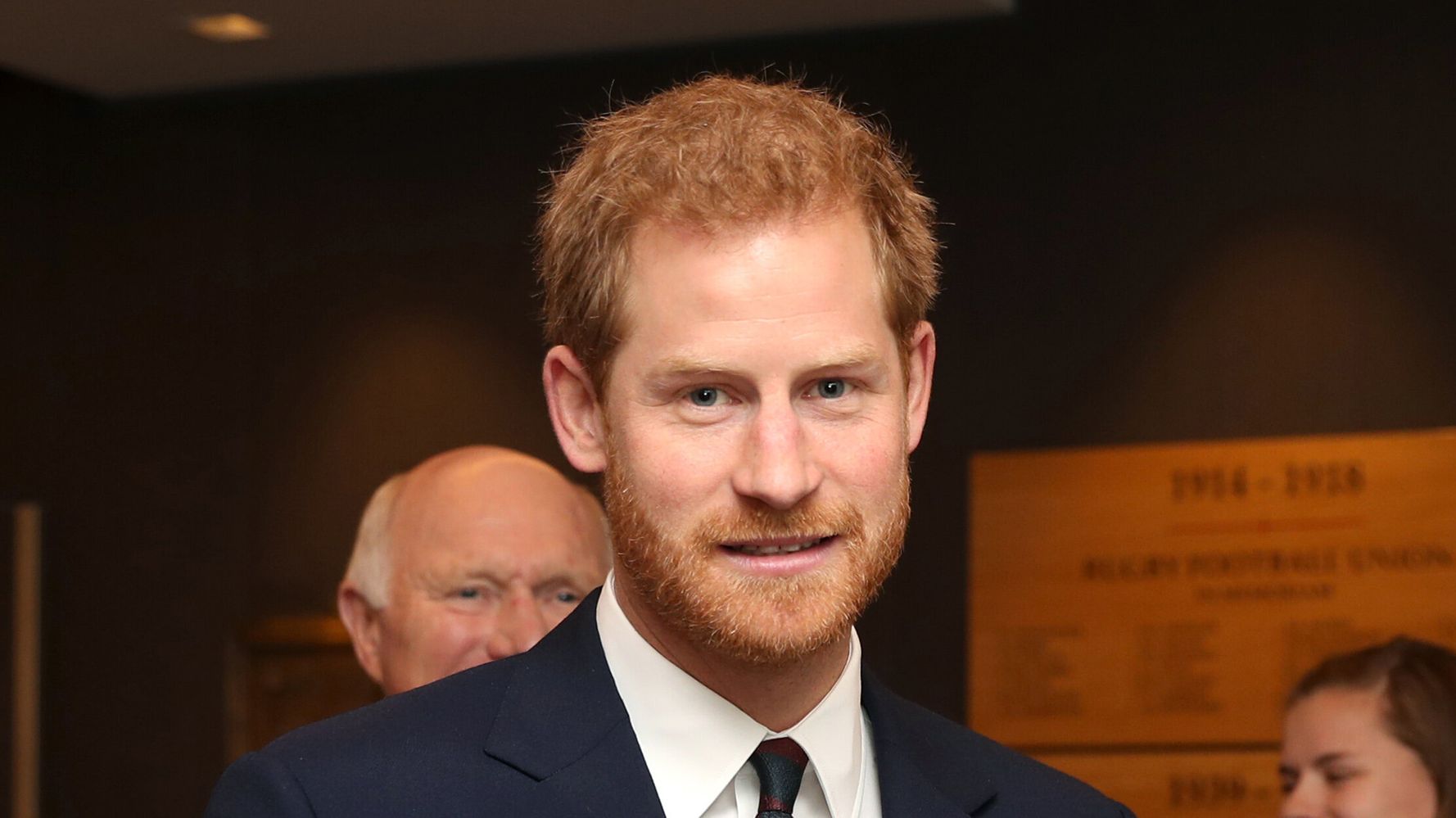[ad_1]

Amid protests against police brutality and the murder of George Floyd, companies are reevaluating their brands, and institutions are questioning long-standing practices and traditions in support of the Black Lives Matter movement.
The Rugby Football Union announced last week that, in light of recent events, it would review the controversial use of the slave spiritual “Swing Low, Sweet Chariot,” which is routinely sung by fans of the England rugby union team.
Prince Harry, who is a patron of the RFU and a lifelong supporter of the sport, backs the review, a spokesperson told HuffPost on Sunday.
“The Duke is supportive of the comments the RFU made this week regarding the review, and he will follow the lead of the RFU on this matter,” a spokesperson for the prince told HuffPost, referring to Harry by his title, the Duke of Sussex.
The RFU said in a statement: “The RFU has stated we need to do more to achieve diversity, and we are determined to accelerate change and grow awareness.”
The union added: “The Swing Low, Sweet Chariot song has long been part of the culture of rugby and is sung by many who have no awareness of its origins or sensitivities. We are reviewing its historical context and our role in educating fans to make informed decisions.”
“Swing Low, Sweet Chariot” is a Black spiritual that was sung both on the Underground Railroad and at Black funerals, Josephine Wright, a professor of music history and literature and Africana studies at the College of Wooster, told The New York Times in 2017. It is “unfortunate” that rugby fans appropriated the song, she added.
“Such cross-cultural appropriations of U.S. slave songs betray a total lack of understanding of the historical context in which those songs were created by the American slave,” she said.
The use of the song by white rugby fans is “a slap in the face to the history of slavery,” Cornell William Brooks, a professor at the Harvard Kennedy School and former CEO and president of the NAACP, told CNN.
“Can you imagine people whose lives, bodies and beings were being sold as commodities singing about freedom, their longing for freedom, their longing for a God to free them, and have those same songs being sung in celebration of a victory on a rugby field?” Brooks told CNN in 2017. “It’s just odd and historically insulting.”
Prime Minister Boris Johnson said Friday that he “certainly didn’t think there should be any sort of prohibition” on singing the song.
“My curiosity is why don’t people seem to know the rest of it,” Johnson said last week during a visit to a school in Hertfordshire. “I’d love to hear the rest of it.”
Calling all HuffPost superfans!
Sign up for membership to become a founding member and help shape HuffPost’s next chapter
[ad_2]
Source link

